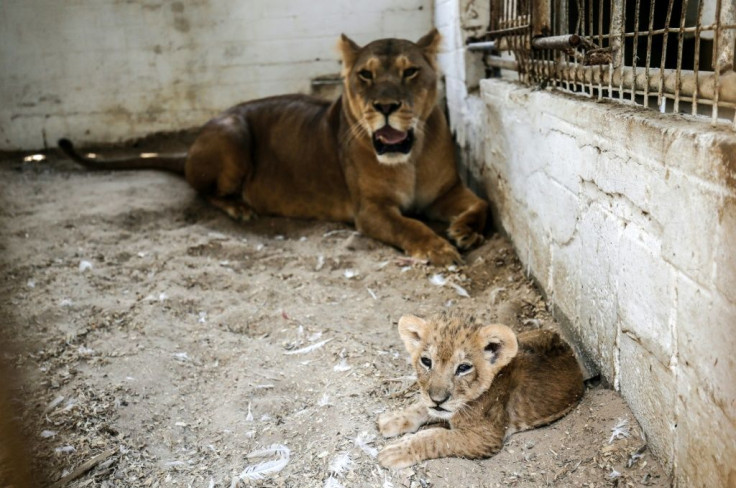42% Zoo Animals In Spain Infected By Parasitic Disease: Study

KEY POINTS
- Researchers found that 42% of zoo animals were infected with a parasitic disease
- Toxoplasmosis can be passed from animals to humans
- The results are still 'not alarming' from a public health standpoint
- Zoos are advised to take preventative measures against Toxoplasmosis
The results of a new study revealed a significant percentage of zoo animals in Spain were infected by a parasitic disease that can also spread to humans. Although the researchers noted the implications were "not alarming" from a public health standpoint, it could affect conservation efforts.
For the study, researchers performed a survey of hundreds of animals from zoos across Spain to assess their possible exposure to the parasite Toxoplasma gondii, one of the most common parasites in the world.
T. gondii causes Toxoplasmosis, a widely spread disease that often does not present symptoms, but can cause reproductive disorders in various species including humans. Typically, infection occured by eating contaminated meat, from having exposure to infected cat feces, or via mother-to-child transmission during pregnancy.
Of the 393 zoo animals from 91 different species, 165 (42%) had T. gondii antibodies, which meant the animals were in contact with the parasite at some point in their lives. The results also showed all of the zoos included in the study had animals that tested positive.
Although felines were known to be the parasite's definitive hosts, which means it was in them the parasite reached its mature form capable of reproduction, the researchers noted all warm blooded species were actually susceptible to getting infected. This included most pets, birds, and livestock.
In fact, T. gondii can even be passed from animals to humans and, in immunosuppressed people, the disease can cause more severe illnesses that may require treatment with antibiotics.
That said, the researchers noted the findings were still not a cause for concern in terms of public health.
"The results are not alarming from a public health perspective, since many people are already immune and the risk of a zoo animal infecting a person is quite low," study co-author Ignacio Garcia said.
However, for animals, the presence of the disease can have implications on conservation efforts for certain endangered species, particularly during animals' pregnancy. As such, the researchers noted it was important for zoos to prevent the parasite from affecting their establishments.
"The feeding habit (carnivorous) was a risk factor associated with T. gondii in captive animals," the researchers wrote, noting one of the possible ways that the animals might have gotten infected.
Apart from proper handling of the animals' food, other basic measures that can prevent the spread of the disease may include keeping stray cats out of zoos and placing rodent control measures.
© Copyright IBTimes 2025. All rights reserved.






















